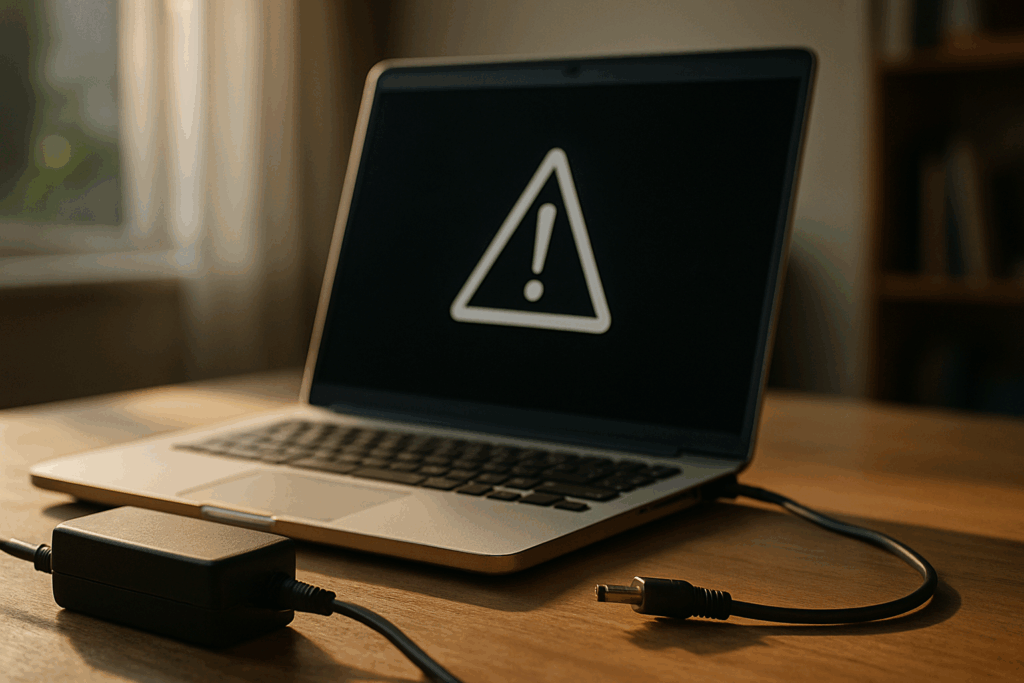What Is the Software Bug Llusyep Python?
First off, let’s clear the air: “llusyep” probably isn’t a standard Python package or a documented error string. It may hail from a random variable name, a corrupted library, or an internal codename for an elusive issue. But developers encountering the software bug llusyep python are reporting similar problems—code behaving inconsistently across environments, memory leaks, and strange crashes when executing even basic Python functions.
In most of the reports, the issue pops up in highlevel scripts relying on dynamically imported modules. The bug seems to activate only under certain conditions—like running inside virtual environments with outdated dependencies or nonstandard runtime flags.
Where It Comes From
The origin of the software bug llusyep python feels like a mix between folklore and debugging nightmare fuel. Some say it’s traced to a frozen module inside a miscompiled Cextension. Others lean toward environmental mismatches between development and production setups—think Docker images with inconsistent Python versions or stale binaries.
One developer traced the symptom to an abandoned opensource package that hadn’t been updated since Python 3.6. Another identified strange behavior when a custom module was compiled using GCC 9 versus Clang. There’s no unified source yet, but the error string “llusyep” appears globally via stack traces, making it a reproducible failure point if you know how to hit it.
Symptoms to Watch For
If you’ve got the software bug llusyep python lurking in your codebase, here’s what you might see:
Crashes during import statements Inconsistent variable initialization Library functions silently failing—no exceptions, no logs, just failure Memory usage climbing without an obvious source (think runaway recursion or garbage collection failure)
What sets this bug apart is its unpredictability. The same code might fail on one machine and run fine on another, even when the system specs look identical.
How Developers Are Responding
There’s no official fix—as with many obscure bugs, the community is the best resource right now. GitHub issues on affected repos recommend:
- Freezing dependencies: Use
pip freeze > requirements.txtand replicate builds usingpip install r. - Testing in containers: Docker helps isolate variables like system libraries and compiler versions.
- Using different interpreters: Surprisingly, switching between CPython and PyPy sometimes makes the problem vanish.
- Stripping down complexity: The more layers you add (frameworks, thirdparty tools), the more places for anomalies to hide.
One bold solution? Stop using the segment of code that triggers it—rewrite logic to circumvent the issue. It’s dirty but effective in the short term.
Root Cause Hypotheses
People love a mystery. Without formal documentation, we get theories. Here are a few circulating around dev blogs and Discord chats:
Race Conditions: Some think it’s a threading issue within packages that aren’t threadsafe. That could explain the randomness. Namespace Collisions: If a library defines a class or object with the name llusyep, and a userdefined module clashes, unexpected overrides may happen. Binary Corruption: If the module was compiled and shipped as a wheel or shared object file, and that file was corrupted during pip install, watch out. Faulty Error Handling: One theory is that the phrase llusyep is a fallback error string from failed exception blocks in a poorly structured plugin.
These are still just guesses. What’s clear, though, is that there’s enough chatter and case examples for developers to tread carefully.
Best Practices If You Encounter It
Here’s what to do if you find the software bug llusyep python in your logs or stack traces:
Isolate the failing component: Strip your code down to the smallest case that reproduces the bug. Archive the environment: Snapshot your virtual env, Python version, OS details, and dependencies. Talk to the community: Stack Overflow, GitHub, Reddit, and Pythonfocused forums are your allies. Report consistently: If you open an issue, provide logs, OS info, Python versions, and how to reproduce the bug if possible. Avoid the temptation to duct tape: Patch by understanding, not by suppressing error logs or using “try/except/pass.”
Lessons in Defensive Coding
Every obscure bug like this isn’t just a pain—it’s a reminder. Code defensively. Make versions explicit. Add logs that expose failure points. Treat suspicious behavior seriously even if it “only happens sometimes.” If something smells off, document it and investigate early. Debugging after deployment wastes way more time.
Conclusion
The software bug llusyep python might not have its own CVE or a glossy writeup in a major tech blog—not yet. But it’s a real problem for real developers. It’s revealing weak spots in dependency management, build tooling, and how errors propagate across different Python environments.
Stay sharp. Respect your tools. And when you run into ghosts like this one, dig deep, report clearly, and share your findings. The Python ecosystem’s only as good as its community contributions.


